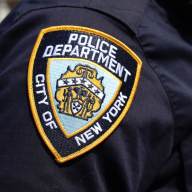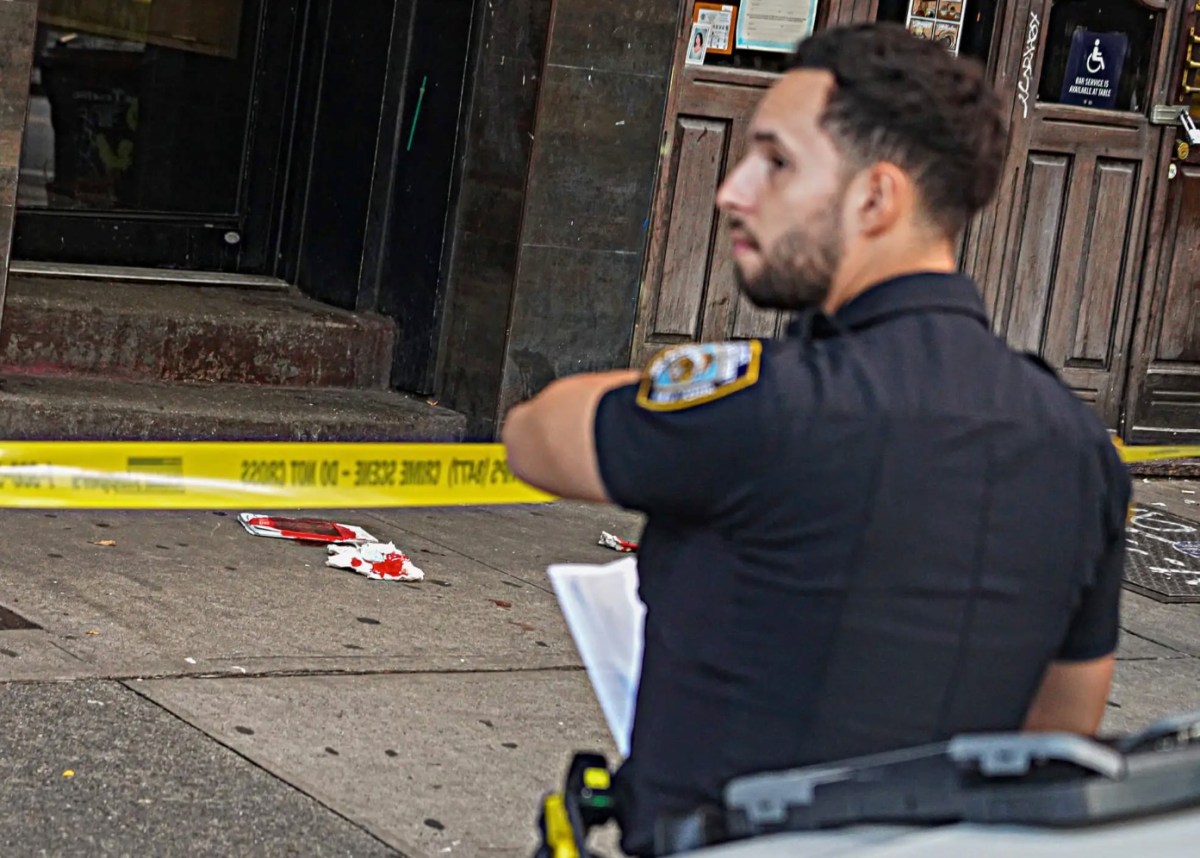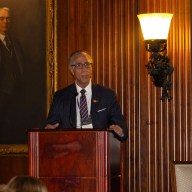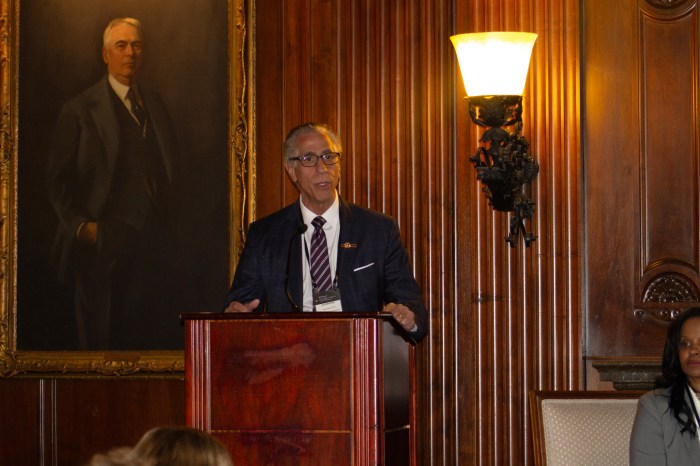P.S. 178 parent Naomi Gonzalez suspended her lawsuit against the city Department of Education and School Construction Authority on Tuesday, January 19 as the DOE promised the federal Environmental Protection Agency that it would perform a million dollar pilot study of air, soil and caulk at five schools and develop a plan to address PCB contamination.
“The end goal is a safe school environment…for kids across the city,” said Gonzalez, who described the January 19 agreement as a “step in the right direction.”
The DOE and EPA entered negotiations in 2009 when New York Lawyers for the Public Interest (NYLPI) helped Gonzalez spotlight the toxic caulk issue. PCBs – Polychlorinated Biphenyls – are heat and fire-resistant compounds that leak toxins when they break down.
Although Congress banned PCBs in 1976, many school buildings constructed or renovated from 1950 to 1978 boast PCB-rich window and door caulk. Exposure to PCBs, found to cause cancer in lab animals, has been linked to disorders of the reproductive, nervous and endocrine systems in people.
But the compounds are somewhat of a mystery; the EPA has begun to research how PCBs leak from caulk into dust and the air. In most cases, people are exposed to PCBs through food. Researchers have yet to document harm to people exposed through the air.
PCBs gained attention when the city found high concentrations of PCBs at schools under construction or renovation, concentrations that the EPA deemed unsafe. P.S. 160 in Co-op City was one of those schools, said parent Sebastian Ulanga, who heads the NYC Coalition for PCB-Free Schools.
PCBs were also found at P.S. 178. Hundreds of city schools were constructed or renovated from 1950 to 1978 and are threatened, Ulanga explained.
“The work that the [city] has agreed to do will go a long way toward helping us better understand the potential risks posed by PCBs in caulk,” Judith Enck of the EPA said.
City attorney Michael Cardozo thanked the EPA. The agreement announced on January 19 rescued the DOE and SCA from a multi-million dollar court battle.
“[The agreement] not only demonstrates the city’s commitment to…a safe environment for our students and teachers, but also demonstrates that complex environmental issues can be resolved through cooperative negotiations,” Cardozo said.
The DOE and SCA pilot study will involve public participation.
“Every week we learn more about the environmental health risks children confront,” Miranda Massie of NYLPI said. “These are fights we can win and must win…We applaud the DOE and EPA.”
Although the city has yet to release a list of the schools it plans to study, Massie expects the list to include P.S. 178.
“The parents feel hopeful and proud but resolute,” she said. “We needed public participation to get here. We need more public participation to push ahead.”
Reach reporter Daniel Beekman at 718 742-3383 or dbeekman@cnglocal.com




















